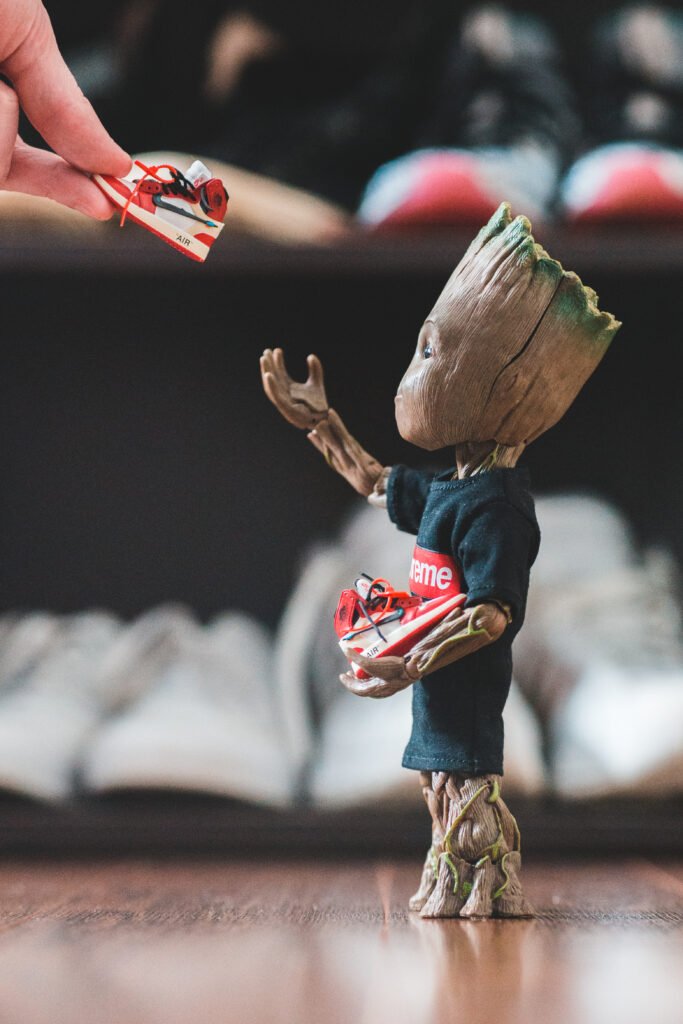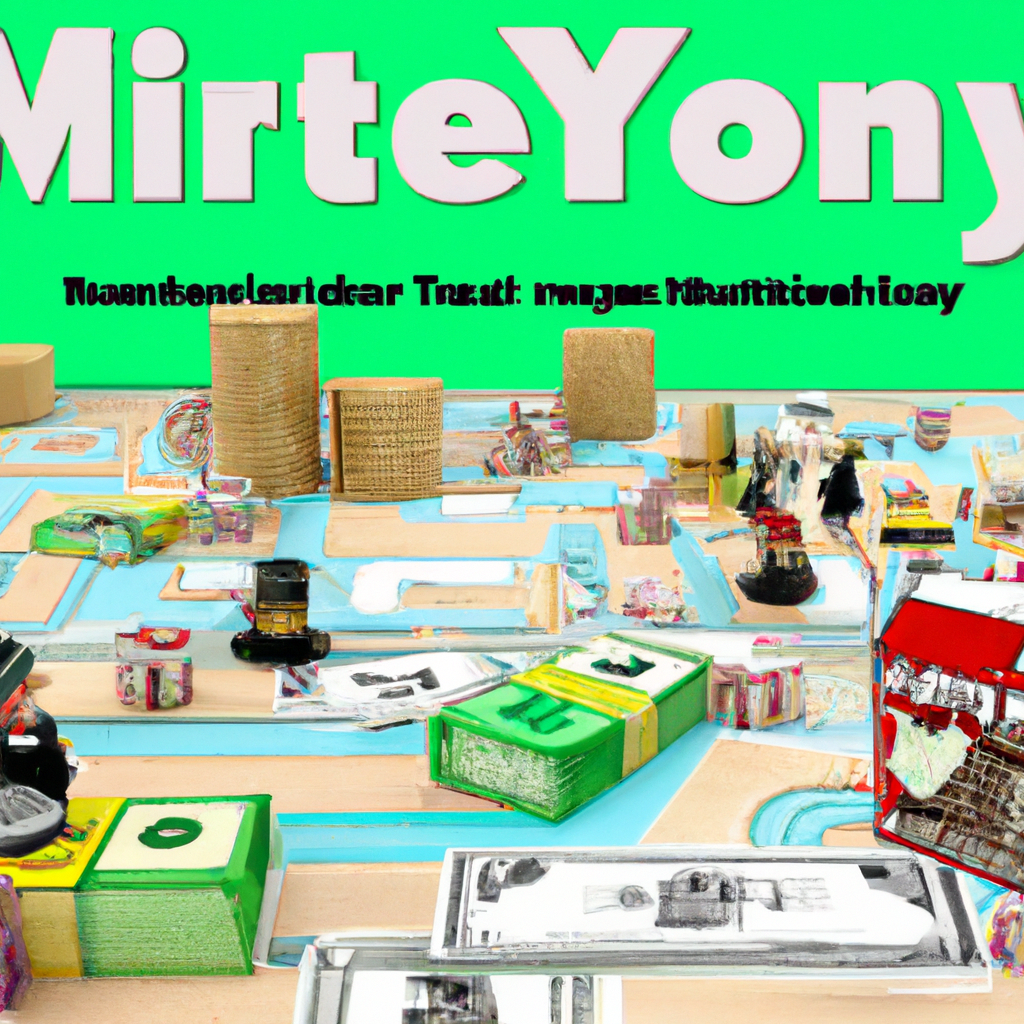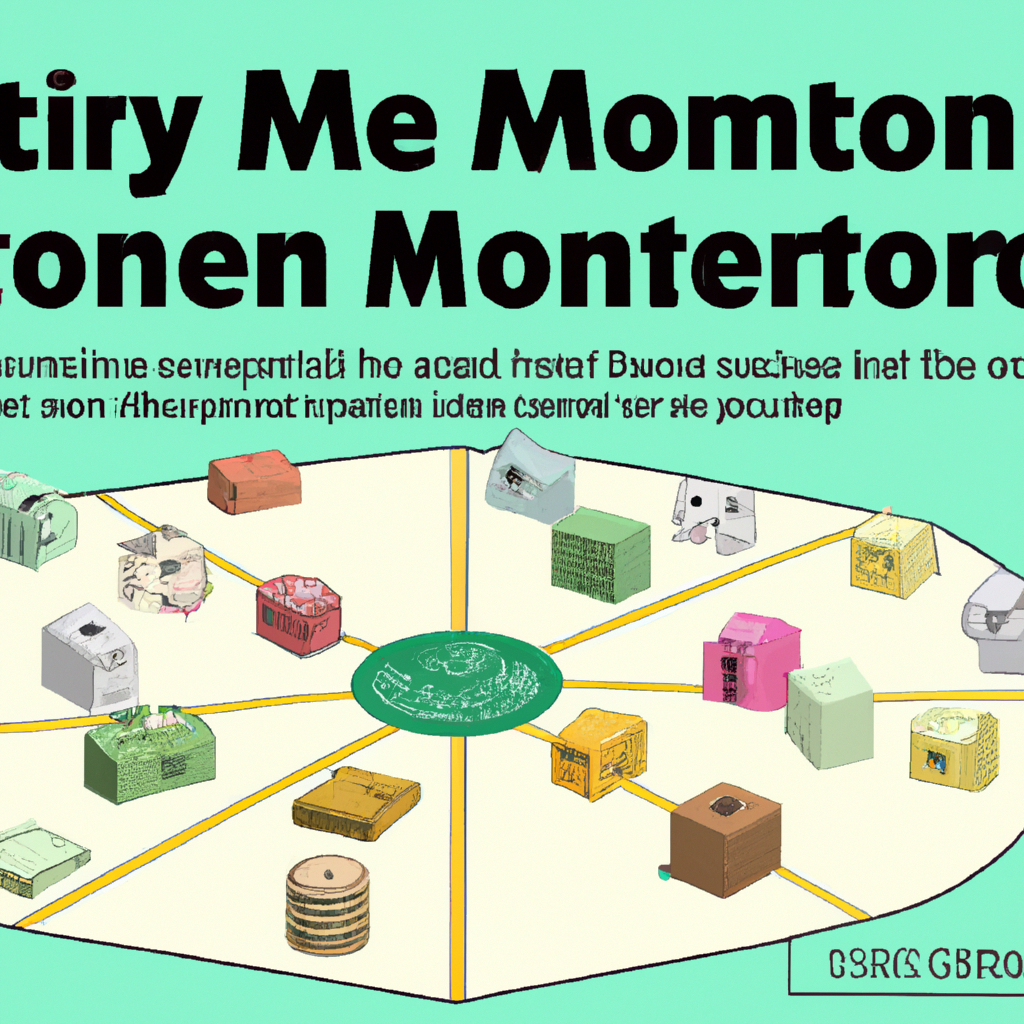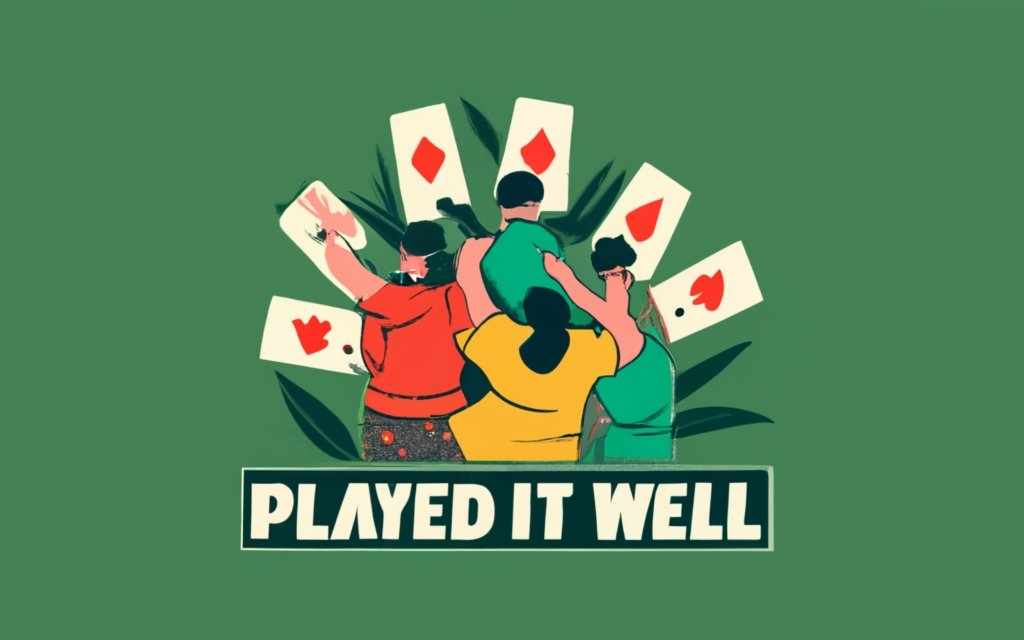You might wonder how much liquid asset you possess as you kick off a thrilling game of Monopoly. Well, you’re in the right place! This article is all about measuring your initial investing power in the popular board game, shedding light on how much money you should have in your hands at the beginning of every Monopoly match. It’s time to get your financial affairs in order and strategize for the ultimate real estate domination!
The Basics of Monopoly
Monopoly is a beloved classic board game that has provided entertainment for families and friends since it was first published by Parker Brothers in 1935.
The Origins of Monopoly
The origins of Monopoly can be traced back to 1903 when an American woman named Elizabeth Magie created a game called “The Landlord’s Game” to demonstrate the tragic consequences of land grabbing. Charles Darrow adapted the game and sold it to Parker Brothers, and after some modifications, it became the thrilling property trading game we know and love today.
Understanding the Monopoly Game Board
The Monopoly game board is a square divided into forty spaces, which consist of property squares, special squares like ‘Go’, and squares that represent various taxes, utilities and community chest cards. As you circle the board with your chosen token, you’ll have the opportunity to purchase properties and strategize to accumulate wealth.
Components of Monopoly Game
The game consists of several components including the game board, two dice, game tokens, property cards, Chance and Community Chest cards, houses, hotels, and last but not least, Monopoly money, the lifeline of the game.
Monopoly Money
Just like in real life, money forms the backbone of the game Monopoly. It’s used to conduct all transactions, from buying properties to paying rent.
Standard amount of monopoly money in a set
In a classic Monopoly game, the bank starts off with $15,140 distributed in a standard set of bills. Each player begins with a specific amount when the game starts.
Different denominations of Monopoly currency
The currency comes in seven denominations: $1, $5, $10, $20, $50, $100, and $500. Each denomination has a different color, adding a fun and vibrant element to the game!
The Purpose and Use of Money in Monopoly
Money in Monopoly serves the same purposes as money in the real world. You use it to buy property, pay rent, pay taxes, and generally conduct all your transactions. Managing your money wisely can make or break your success in the game.

This image is property of images.pexels.com.
How to Start a Game of Monopoly
To start the game, you’ll need to prepare certain components and complete some initial game setup steps.
Gathering the Necessary Components
Make sure that the game board, dice, tokens, and cards are present, along with the houses, hotels, and most importantly, the Monopoly money.
Choosing the Banker
Before the game begins, one player needs to be designated as the ‘Banker’. The Banker controls the money, distributes initial funds, deals with property transactions, and generally oversees the smooth run of the game’s financial matters.
Distribution of Properties
In the classic version of the game, the properties are not initially distributed. Players acquire them by landing on their spaces and choosing to buy them.
The Initial Money Each Player Receives
In Monopoly, every player starts with the same sum from the bank to jump-start their property empire.
Money Allocation in Official Monopoly Rules
According to official Monopoly rules, each player begins with $1,500, broken down as follows: Two $500’s, Two $100’s, Two $50’s, Six $20’s, Five $10’s, five $5’s, and five $1’s.
Start-up Money Allocation in Different Versions
Some alternate rules or versions of Monopoly may start players off with a different sum of money providing a twist to the conventional gameplay.
How the Initial Money is Divided
The Banker is responsible for dividing the initial money to each player according to the rules of the game version being played.

This image is property of images.pexels.com.
How to Earn and Spend Money in Monopoly
Understanding how to earn and wisely spend your monopoly money is key to outperforming your opponents.
Rent Collection and Payments
When opponents land on your properties, they owe you rent. The rent amount is determined by which property they land on and if it has any houses or hotels.
Monopoly Trading and Auctions
You can also earn money by trading properties with others or by auctioning properties you land on but decide not to purchase.
Income Tax and Luxury Tax mechanisms
Be prepared for some unexpected expenses, though. When you land on spaces like Income Tax or Luxury Tax, you need to pay the bank.
The Role of the Banker in Monopoly
An instrumental figure in Monopoly, the Banker is responsible for all the financial aspects of the game. Think of them as the game’s central bank.
Banker Responsibilities
The Banker is in charge of giving out and taking in money, as well as dealing with the purchasing and selling of properties, houses, and hotels. But they also play the game as a regular player.
How Banker Manages Monopoly Money
The Banker should separate their personal money from the bank’s money for clarity and fairness. They should also be careful to deal correctly with the game’s various transactions.
If Banker Goes Bankrupt
If the Banker goes bankrupt, another player takes over the banking duties. In the unfortunate case, the game can still continue.

This image is property of images.pexels.com.
Strategic Use of Initial Monopoly Money
Decisions you make in the early game can significantly impact the results.
Purchasing Strategies for Early Game
Typically, it can pay off to buy every property you land on early in the game to ensure cash flow from rent.
Saving Vs Spending at the Beginning
It’s also crucial to find a balance between spending on properties and saving money for upcoming expenses like rent and taxes.
Choosing Properties to Buy Wisely
Every property has its own strategic advantage. Some properties might be more profitable than others. Choose wisely.
Common Misunderstandings About Monopoly Money
Monopoly often becomes a subject of familial debates due to some common misunderstandings about game rules surrounding Monopoly money.
The Monopoly Free Parking Cash
Many house rules dictate that money collected from taxes goes into the center of the board and that a player landing on ‘Free Parking’ collects that money. However, in the official rules, ‘Free Parking’ is simply a resting spot with no financial gain.
The Problem of Counterfeiting in Monopoly
Though it’s a rare occurrence, some players have been known to cheat by creating counterfeit money. Keeping track of the bank’s initial amount can help prevent this.
The Myth of ‘Running Out of Money’ in Monopoly
Some players worry that the game bank could run out of money, but the official rules state that if the bank runs out of money, more can be made using slips of paper.

The Impact of Money Management on Gameplay
Good money management can turn around the game in your favor.
How Good Money Management Wins Games
Strategically managing your money can provide the upper hand in the game. This includes spending wisely, saving for unforeseen expenses, and investing in profitable properties.
Role of Luck Vs Strategy in Money Management
Although Monopoly does involve a certain element of luck, good money management often comes down to strategy.
Economic Lessons Learnt from Monopoly
Interestingly, Monopoly can teach us a few rudimentary concepts about economics, including value perception, real estate investment, tax management, and financial planning.
Advanced Monopoly Strategies
If you’re looking to elevate your Monopoly gameplay, consider these advanced strategies.
Playing with Limited Starting Money
Playing with a lower starting amount can test your strategic skills and make the game more challenging.
Strategies for Long Games
For long-term games, focus on acquiring and developing as many properties as possible. This ensures a steady income, even if you encounter a few rounds of bad luck.
Handling Bankruptcy in Monopoly
If you fall into bankruptcy, don’t despair. You can still negotiate trades, organize mortgages, or sell properties back to the bank to stay in the game.
In conclusion, whether you’re a seasoned player or a board game novice, understanding the mechanics of Monopoly money can help you enjoy and excel in the game. Good luck and may the best property mogul win!


